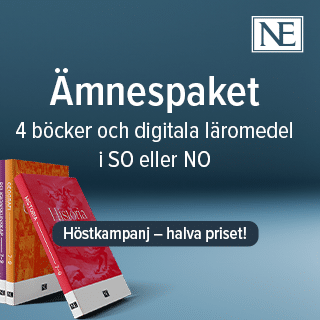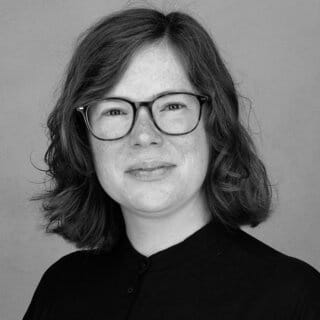Spaces of social inclusion and exclusion
The decentralised Swedish school system has become increasingly directed to the construction of self-governing and responsible pedagogic identities that are supposed to enable integration and participation. Drawing on the work of the geographer Edward W. Soja, I acknowledge how material and symbolic spatialisation intersect with the local production of included and excluded identities in the context of restructuring education. The paper is based on a study in two areas in a segregated Swedish city; one disadvantaged and one advantaged area. I use a wide range of data such as policy documents, questionnaire data, longitudinal statistics, interviews with local politicians, school actors and former students. The findings show that former students from the disadvantaged area were more often excluded from further education and were dependent on social welfare to a higher extent. Moreover, they faced low expectations and were simultaneously excluded from new educational processes that explicitly aim at social inclusion. In the paper I discuss how ethical ideals of decentralisation and participation, and the evaluation of such policies in terms of access to further education and work, conceal the local production of excluded identities. This production, I argue, is based on an amalgamation of material conditions and spatial representations.
Författare: Joakim Lindgren
Spaces of social inclusion and exclusion
Education Inquiry 2/2010

Fritidshem
 Åk F–6
Åk F–6 Matematikångest
 Åk 4–Vux
Åk 4–Vux 







